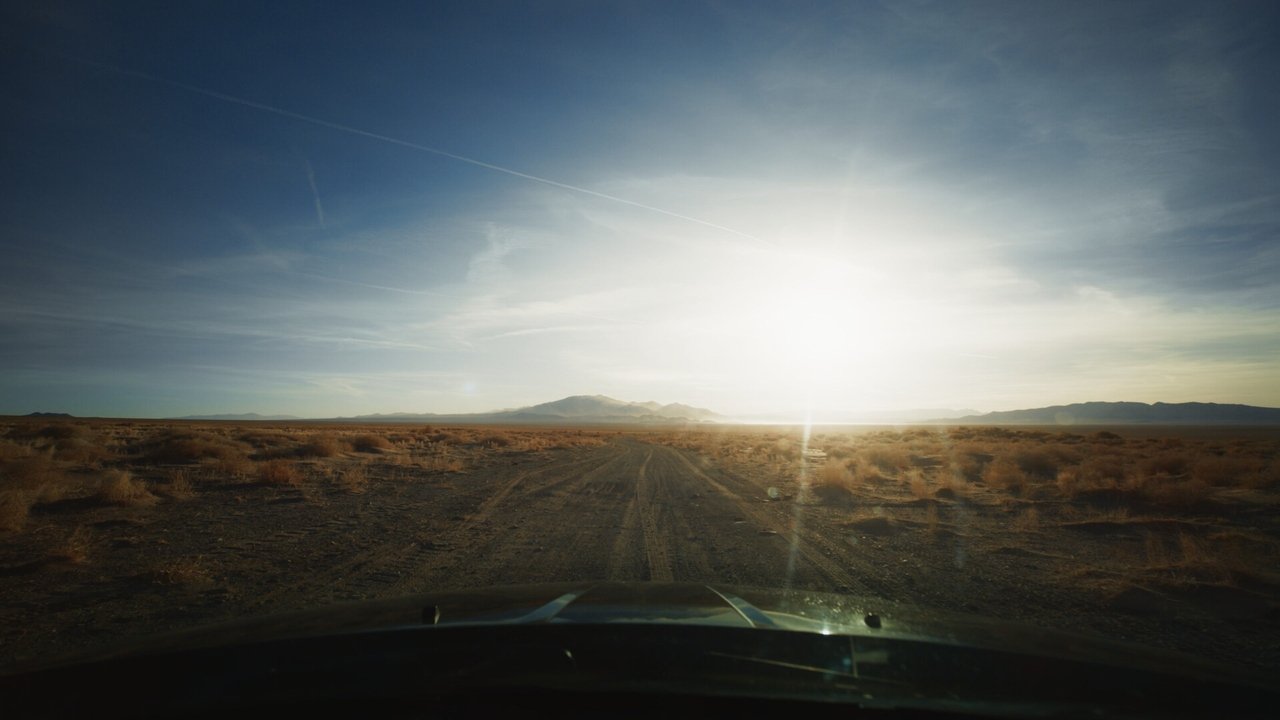

These Streets Will Never Look the Same(2024)
A car slowly navigates the winding streets and disparate airwaves of the United States of America in search of the scars of capitalism in natural landscapes, urban environments, people, and wildife.
Movie: These Streets Will Never Look the Same
Video Trailer These Streets Will Never Look the Same
Similar Movies
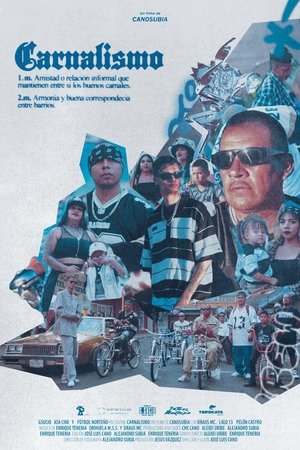 0.0
0.0Carnalismo(es)
In the heart of Durango, the Low Biker community has forged a unique bond through a shared love for cumbias and custom bicycles, uniting neighborhoods across the city in a vibrant, collective passion. Amid the joy of their culture, they face the harsh realities of discrimination and prejudice, navigating daily challenges from a society that struggles to accept their way of life.
The Unfinished Journey(en)
A short about American life and history produced for the millennium New Year's Eve celebration.
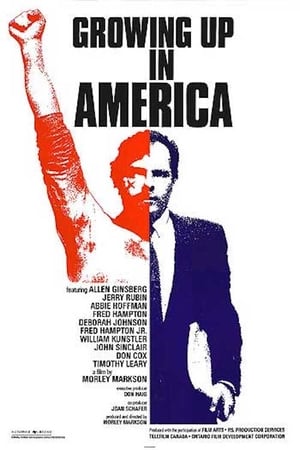 10.0
10.0Growing Up in America(en)
Filmmaker Morley Markson shows Abbie Hoffman, Jerry Rubin, Allen Ginsberg, Timothy Leary, and other '60s rebels, then and now in a follow up to his 1971 film "Breathing Together: Revolution of the Electric Family."
 7.8
7.8Who We Are: A Chronicle of Racism in America(en)
Jeffery Robinson's talk on the history of U.S. anti-Black racism, with archival footage and interviews.
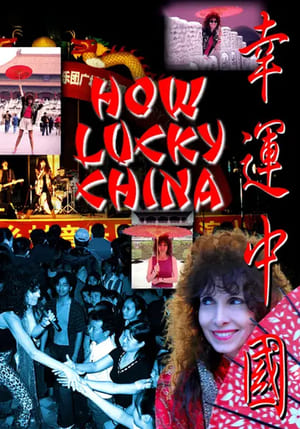 0.0
0.0How Lucky China(en)
Follows Long Island’s Mary Lamont Band on their groundbreaking 23,000-mile tour in six cities and provinces across mainland China in 2002.
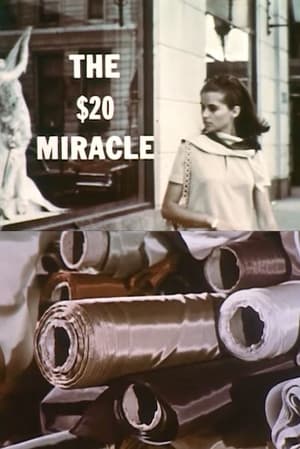 0.0
0.0The Twenty Dollar Miracle(en)
The American woman is the best dressed woman in the world. This is due to Yankee ingeniuty, which makes a fashionable, well-made dress to sell for twenty dollars or less.
 0.0
0.0The Simpsons: America's First Family(en)
The Simpsons: America's First Family is a 50 minute program which features the production of The Simpsons, celebrating the 10th anniversary of the series.
 4.3
4.3America: Imagine the World Without Her(en)
A story that questions the shaming of the US through revisionist history, lies and omissions by educational institutions, political organizations, Alinsky, Barack Obama, Hillary Clinton, and other progressives to destroy America.
 6.0
6.0Benedict Arnold: Hero Betrayed(en)
Benedict Arnold is not the villain of American history most people were taught to believe. New facts and never before presented material illuminate his heroic contributions to the American Revolution and explains his later change of allegiance.
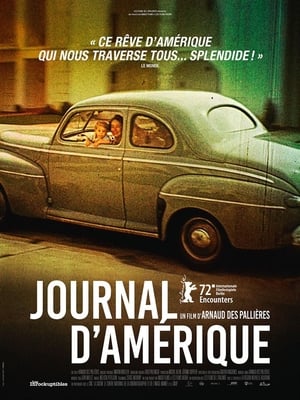 5.2
5.2American Journal(fr)
A cinematic essay interweaving private archive images and a mixture of reflective, speculative and poetic intertitles that, like “an old movie from the 20th century”, invites us to meditate on what Des Pallières once liked to call “our old homeland”.
 6.0
6.0This World Is Not My Own(en)
Chewing gum sculptures, a wealthy gallerist, a notorious murder case, and the segregated south - it's all part of Nellie Mae Rowe's boundless universe. This World Is Not My Own reimagines this self-taught artist's world and her life spanning the 20th century.
 8.8
8.8Hispanoamérica: Song of Life and Hope(es)
A renewed and truthful vision of how Spanish America was born and prospered, an epic story developed over more than three hundred years, that of those who bequeathed to humanity an immense architectural, sculptural, pictorial, literary and musical heritage.
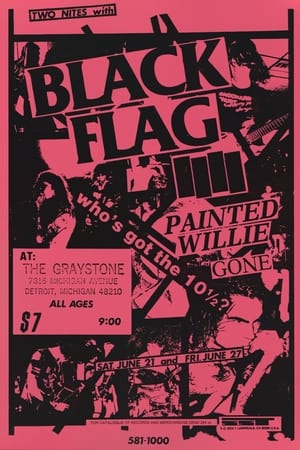 0.0
0.0Reality 86'd(en)
Three bands and crew (a combined total of 13 individuals), 2 Dodge Ram extended cab vans, one equipment truck, one PA system traverse the continental US for six months. A road documentary shot from the inside of the last Black Flag tour ever (the 1986 “In My Head” US tour.) Featuring behind the scenes proceedings and live performances from Black Flag, Painted Willie, and Gone. David Markey was along for the entire trip as the drummer / singer for Painted Willie, documenting the six month tour with his Super-8 camera as it happened. Also features roadie Joe (“Planet Joe”) Cole, soundmen Davo Claasen and Dave “Ratman” Levine, and the tour manager who kept it all together, Mitch Bury. A crucial turning point in American underground rock. The end of the line for a trail blazing American band. Shot in 1986 and completed by director David Markey in 1991 for We Got Power. (futuristika.org)
Turning Point: The Legacy of Midway(en)
Few Americans realize that the Battle of Midway - just six months after Pearl Harbor - doomed the Japanese to defeat. Discover how Admiral Nimitz and Admiral Yamamoto, two leaders from vastly different cultures, designed and executed their battle plans. See the spectacular naval and aerial battles as they played out.
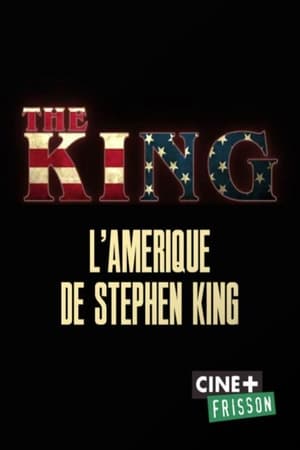 6.7
6.7The King: Stephen King's America(en)
Ghost nation? Violent home? Traumatised country? What does the horror of one of the most famous writers of our time hide? What does his fictional America expose? To what extent does cinema feed itself off his unique vision and expression of fear? In other words: what kind of America is Stephen King telling us about?
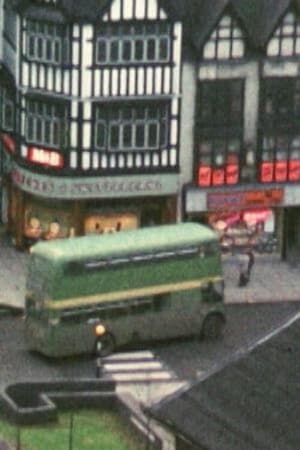 0.0
0.0Wolverhampton into the Seventies(en)
Bricks and mortar makes way for concrete and reinforced steel as Wolverhampton sweeps the past aside in a modernist town planning utopia.
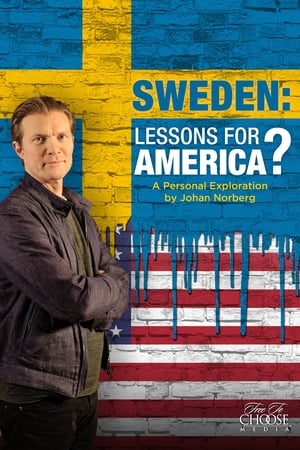 0.0
0.0Sweden: Lessons for America?(en)
It's been suggested that Americans would be better off if the United States was more like Sweden. Do the Swedes know something that we don't? Sweden: Lessons for America? A Personal Exploration by Johan Norberg delves into the economic and social landscape of the Swedish scholar's homeland. Join him to see that the lessons to be learned from Sweden may not be the ones you expect. The one-hour documentary follows Norberg on a journey through the history of Sweden's economic rise, from one of the poorest countries in the world to one of the most prosperous. The program illuminates key ideas and enterprises that sparked the reform and continue to help Sweden maintain its lofty economic position, including freedom of the press, free trade, new technology companies, crazy jobs and even an old Swedish superhero.
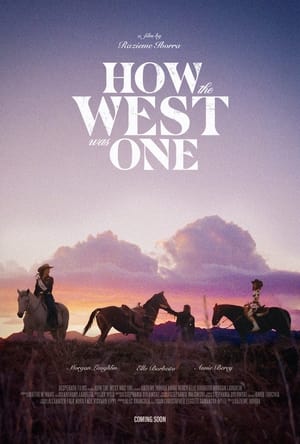 0.0
0.0How the West Was One(en)
In a contemporary reimagining of the American West, three young women - a snake hunter, a New York artist, and a rodeo queen - challenge the idea of who is permitted to be a cowgirl.
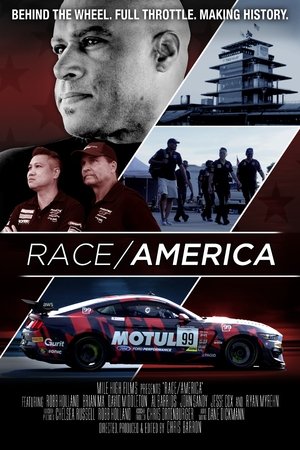 0.0
0.0Race/America(en)
Race/America follows Robb Holland, one of the few Black professional race car drivers in the United States, as he fights for the GT America Championship behind the wheel of a Ford Mustang. After decades of breaking barriers in a sport known for its lack of diversity, Robb builds his own team—Rotek Racing—bringing together a dynamic, multicultural crew that reflects the change he wants to see in motorsports. This high-octane documentary takes you beyond the track and into the heart of a season-long battle, offering unprecedented access to one of the most diverse teams in the paddock. Race/America is a story of speed, grit, and the drive to make history.
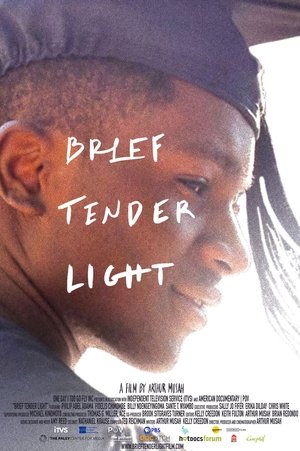 0.0
0.0Brief Tender Light(en)
At America's elite MIT, a Ghanaian alum follows four African students as they strive to graduate and become agents of change for their home countries Nigeria, Rwanda, Tanzania, and Zimbabwe. Over an intimate, nearly decade-long journey, all must decide how much of America to absorb, how much of Africa to hold on to, and how to reconcile teenage ideals with the truths they discover about the world and themselves.
